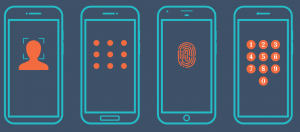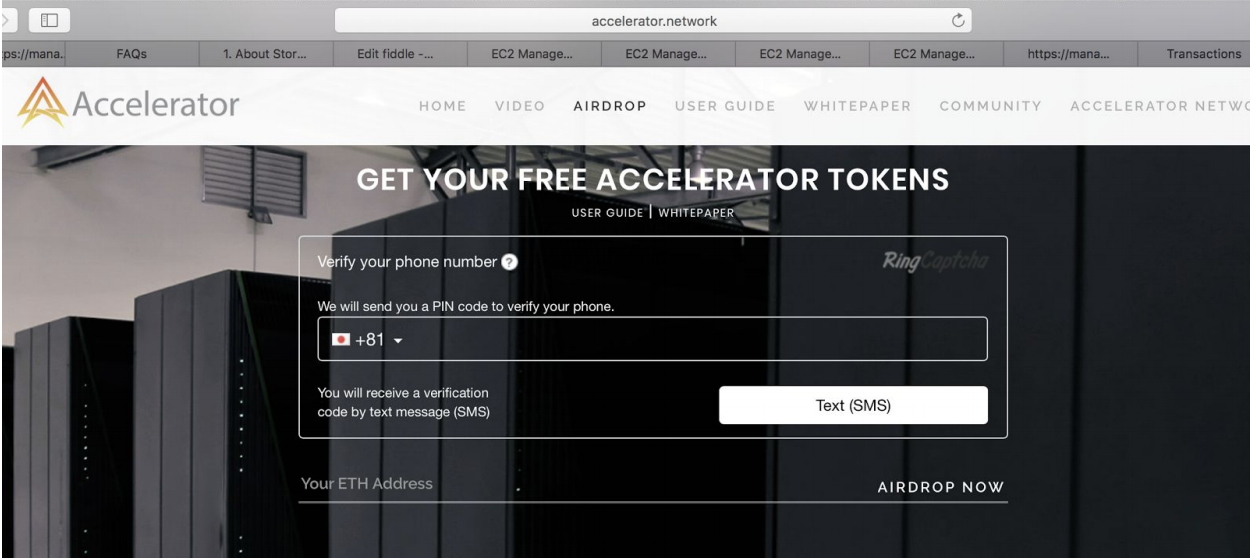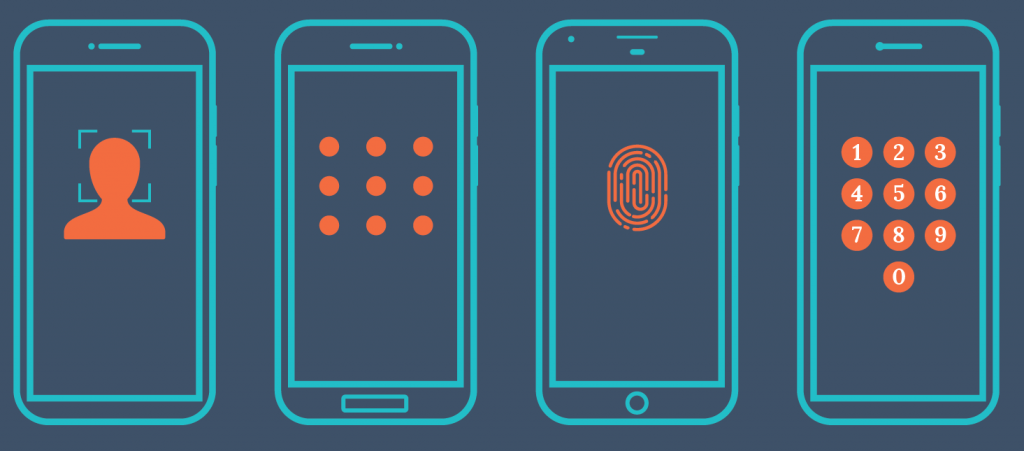An SMS one-time PIN code is a multi-digit number sent to a specific phone number, which only the person in possession of will be privy to. In short, the PIN code verifies the phone ownership, and through the assumption that the same person always owns the same phone number, the phone number becomes a personal identity.

A phone identity has interesting properties that differentiates it from other electronic identities, like email, social logins, etc.; a phone identity enables any service to reach out to the user in a timely manner anywhere in the world without additional requirements like a smartphone, internet connectivity or a specialized mobile application. A phone identity also has monetary, and administrative cost associated with it, which thwarts a user from multiplying his phone identities at will.
Traditionally, companies have taken advantage of the phone identity cost to defend against users trying to exploit prize giveaways or coupon codes; without phone identity a user can sway prize giveaways in her favor by creating a lot of electronic identities, e.g., emails, that all point to herself, or she can ceaselessly enjoy the coupon codes meant for first-time customers by creating a new electronic identity each time she wants to purchase something.
In the era of virtual currencies, companies producing these virtual coins have tapped on the same unique attribute of phone identities to ensure coin airdrops are distributed across a wide user base to prevent the coins from ending up in the ‘pocket’ of a single ill-willed user with proliferated electronic identities. This preserves the purpose of the giveaway, which is to grow awareness of the virtual currency, and stimulate network-effect on the virtual currency; with more participants in the community, the value of the coin will grow faster as there is more demand, and there will be more places where the coin can be used, which in turn attracts more users.
Implementing phone identity for virtual currency distribution sounds hard, but RingCaptcha makes it easy. RingCaptcha has a widget, which you can easily add to your web page with a small code snippet. The widget enables you to verify phone numbers, and by writing a small piece of customized code, you can instruct the widget on how to distribute the coins after phone number verification.
The widget look-and-feel is fully customizable. Don’t take our word for it but take a look at the splendor of https://accelerator.network’s customization.

Not convinced, or excited to get started? See the snippet of code here at https://ringcaptcha.com/#developers, and feel free to chat live with our developers.
Caveat emptor, phone identities can still be subverted by very skilled and determined attackers, e.g., an attacker can redirect SMS carrying one-time PINs for VOIP phones to a phone they own, or she can craft phone number variations from a single phone number to create multiple phone identities, which eventually still leads to the same phone number (+8110111111 can be padded with zero to create a variations +81010111111, etc.). RingCaptcha has years of experience dealing with fraud, and we want to protect you and your users.


 Security
Security 

